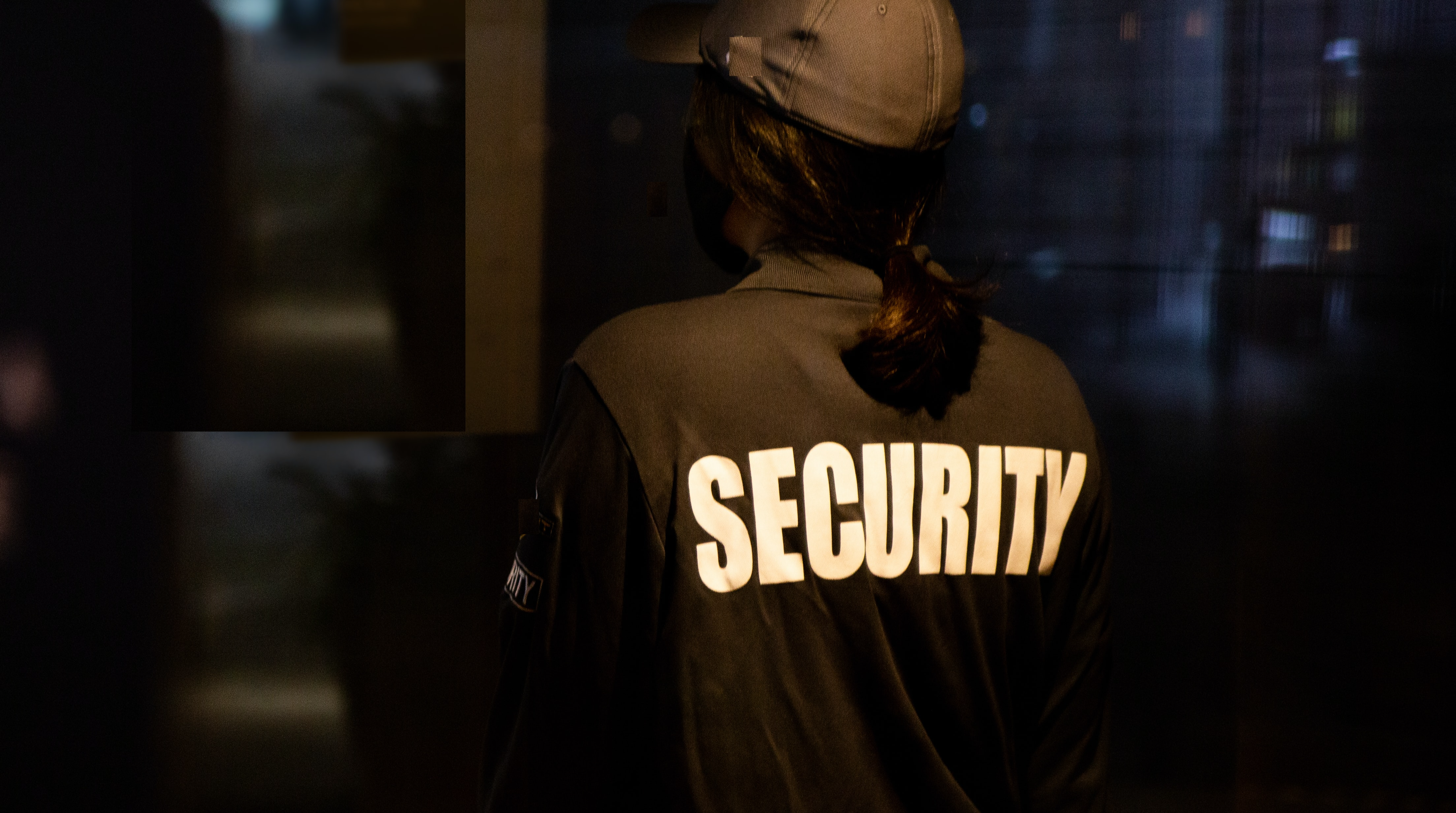Law enforcement versus private security in the United States

Where are law enforcement officers leaving to? Historically we have seen younger officers leave their department, such as myself, for other departments, federal agencies and non-law enforcement careers in general compared to officers with 10 years of experience or more. There is never a “typical working day” for any law enforcement officer in the world. Days are long and drag on longer than your shift is slotted for. A 10-hour shift will be a 12-hour shift and so on. As an officer, your off time is often tied up being in court, or in training and with crime increasing, the chance of you being called in on your day off is increasing. More importantly, with ambush style attacks up 91% over the past year, the big question is who would want to be a police officer right now?
Lately, we are seeing a vast array of officers that are just months away from a lifelong pension resigning due to the anti-police climate around the world, especially in the United States; they are leaving with a shorter retirement and moving onto other careers. This has led to an increase in demand from private security companies, which has also led to an increase in hiring from those firms. Security spending jumped 176% from 2019, which is now up by an astonishing 233% from the first quarter of last year. Just in New York, 2,600 officers retired in 2020 according to police statistics, after 1,509 retirements the year before.
Private security in the U.S. is growing
Private security officers have more authority on private property than the police. The duty of a private security officer is to represent the owner, whereas the police officer works for and represents the county, city or state and not the property owner. Since private security officers do not have a pension and other city, state or county-based benefits, there is more of a cost benefit to having private security than law enforcement. Insurance is also an issue. Will the city, county or state agency cover all liabilities for an off-duty officer working on a private property? Private security companies have certificates of insurance (COI) naming their clients as the certificate holders, which offers a layer of protection against civil or criminal suits.
According to U.S. labor statistics, there are over 1.1 million private security guards in the U.S. compared to 666,000 police officers. If we look at this globally, it still shows a trend of needing more private security firms than law enforcement officers. There are an estimated 7 million private security workers in India compared to just 1.4 million police officers. Likewise, in China, there are approximately 5 million people employed in private security compared to a police force of 2.7 million.
Private security firms are even making an attempt at community engagement to gain the trust of the community. If we take a look at the firm Hawque, they’ve borrowed from the Ritz’s Gold Standard training model and incorporated its core components into their service arm, Hawque Protection Group (HPG). This is a significant move away from the traditional private security model— a model known for paying low wages, minimal training, poor customer service and has engaged in discriminatory practices, which has yielded several lawsuits over the past few years.
Police training
The primary areas of training for police academies fall into the following five categories: operations (average hours of training = 213 h), firearms, self-defense and use of force (168 h), self-improvement (89 h), legal education (86 h), and mental illness (10 h). In the category of self-improvement, more than half of the curriculum focuses on health and fitness. The remainder of self-improvement training consists primarily of ethics and integrity, communications, professionalism and stress prevention/management. Eighty-one percent of academies provide stress prevention/management training, with an average time of six hours. However, police academy training is not standardized across the United States.
The curricula in academies vary by state and often even by academy within a state. The more common approach in certain regions of the country is by a lateral hire. That is where the lateral applicant has already graduated from a police academy, passed their field training cycle, and has the ability to patrol on their own with a year of patrol experience usually. They then apply to take a state exam in the state of their choosing to obtain their state certifications and go through field training one more time after being hired by an agency.
Private security training
Private security training depends on two things: the state of licensing and the employer. Every state has differences in their licensing requirements, from the concealed carry weapons (CCW) license to armed security license and unarmed security license. This does not include in-house requirements, such as CPR/AED training. More formal firms, such as Gavin de Becker and Associates, provide their training all in-house and include an academy, annual training and specific training tracks.
Hiring law enforcement
Security firms benefit in two ways from the amount of officer resignations.
- Young officers with experience, yet few training scars to fix are able to train quickly and soak up immense amounts of security information faster.
- Experienced officers come with LEOSA (Law Enforcement Officers Safety Act), which lets them have the ability to carry concealed in more places with their retirement credentials.
LEOSA can be a win for enterprises hiring private security applicants, as they know that those applicants have at least 10 years of full-time experience with one department. Security firms with a global presence have billets to fill in all roles within their firm, from security officers to more senior and executive roles. The senior and executive roles are generally harder to fill off the street since the applicants have to come to the table with not only many years of experience, but a variety of security-related certificates and credentials.